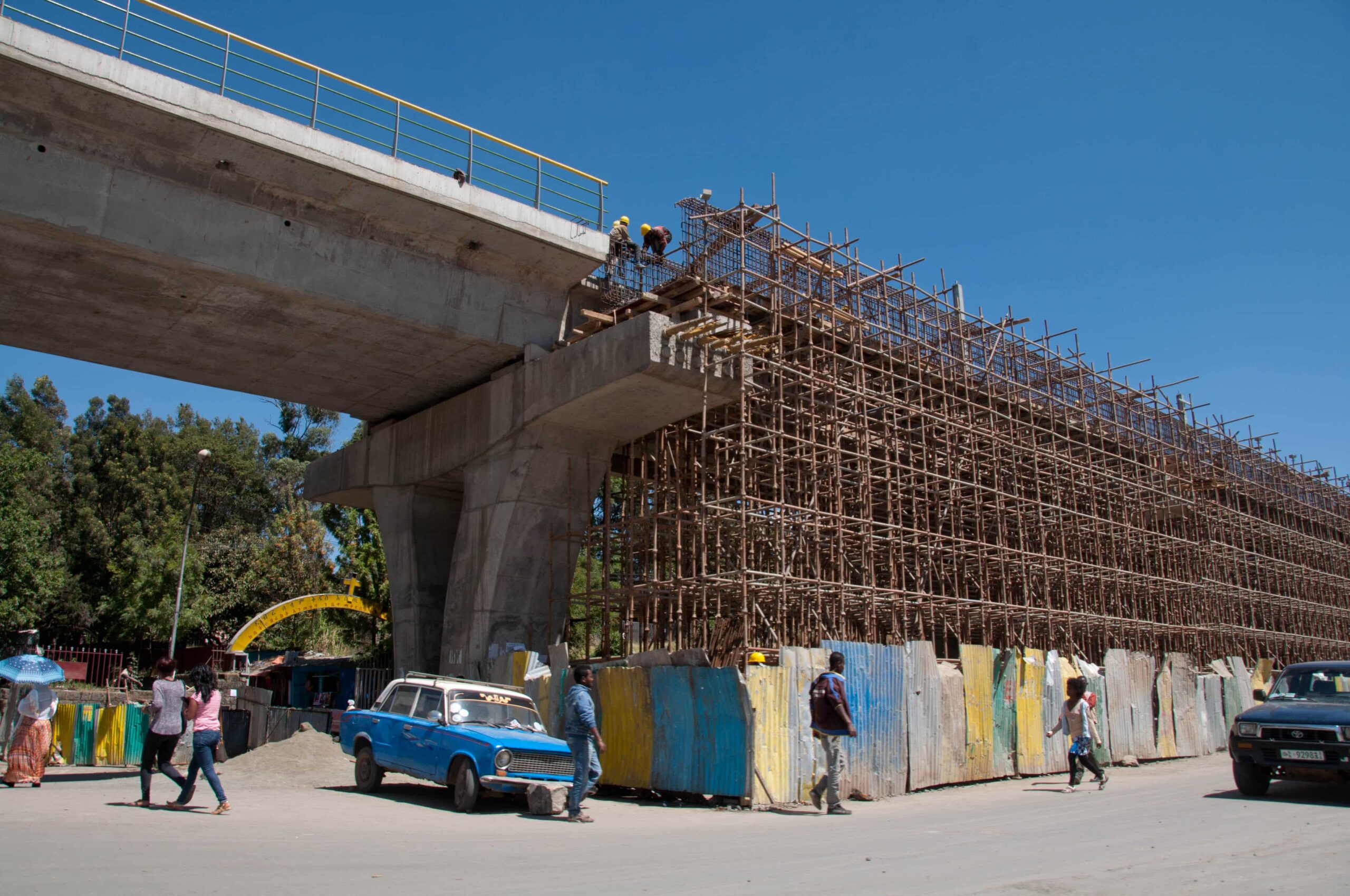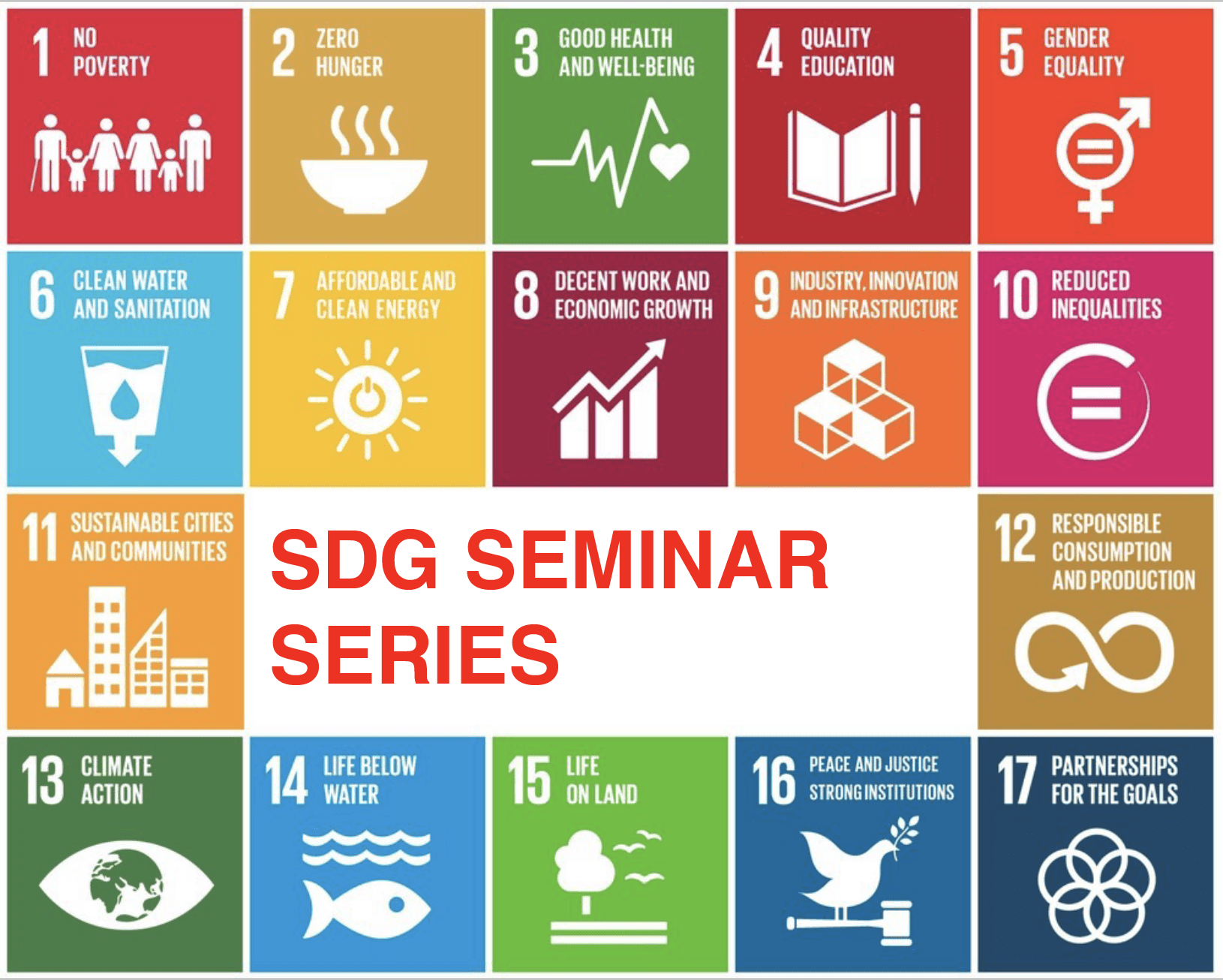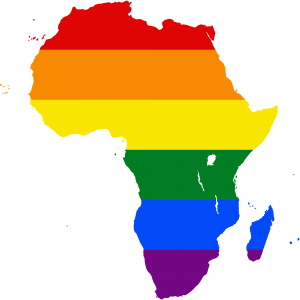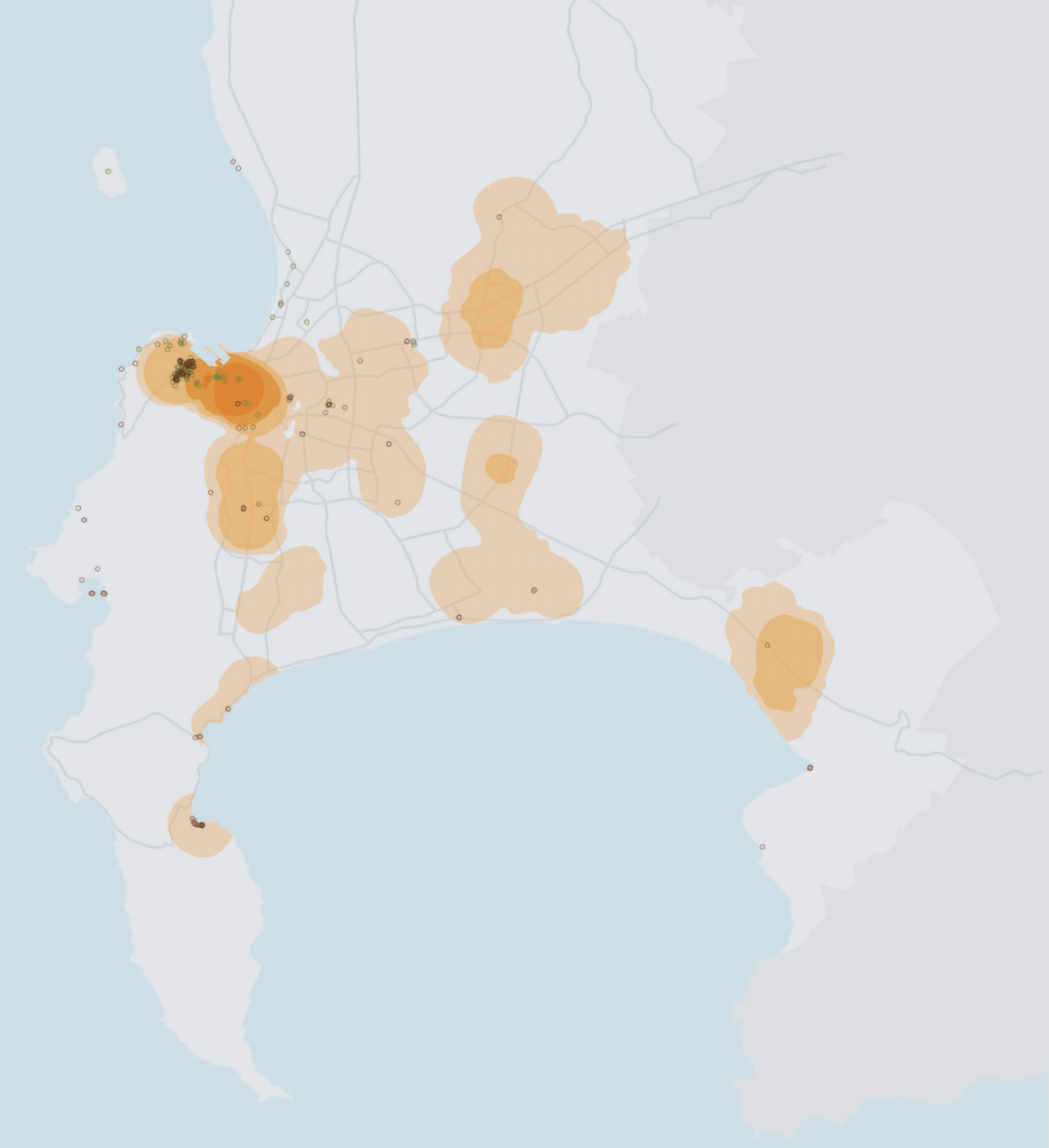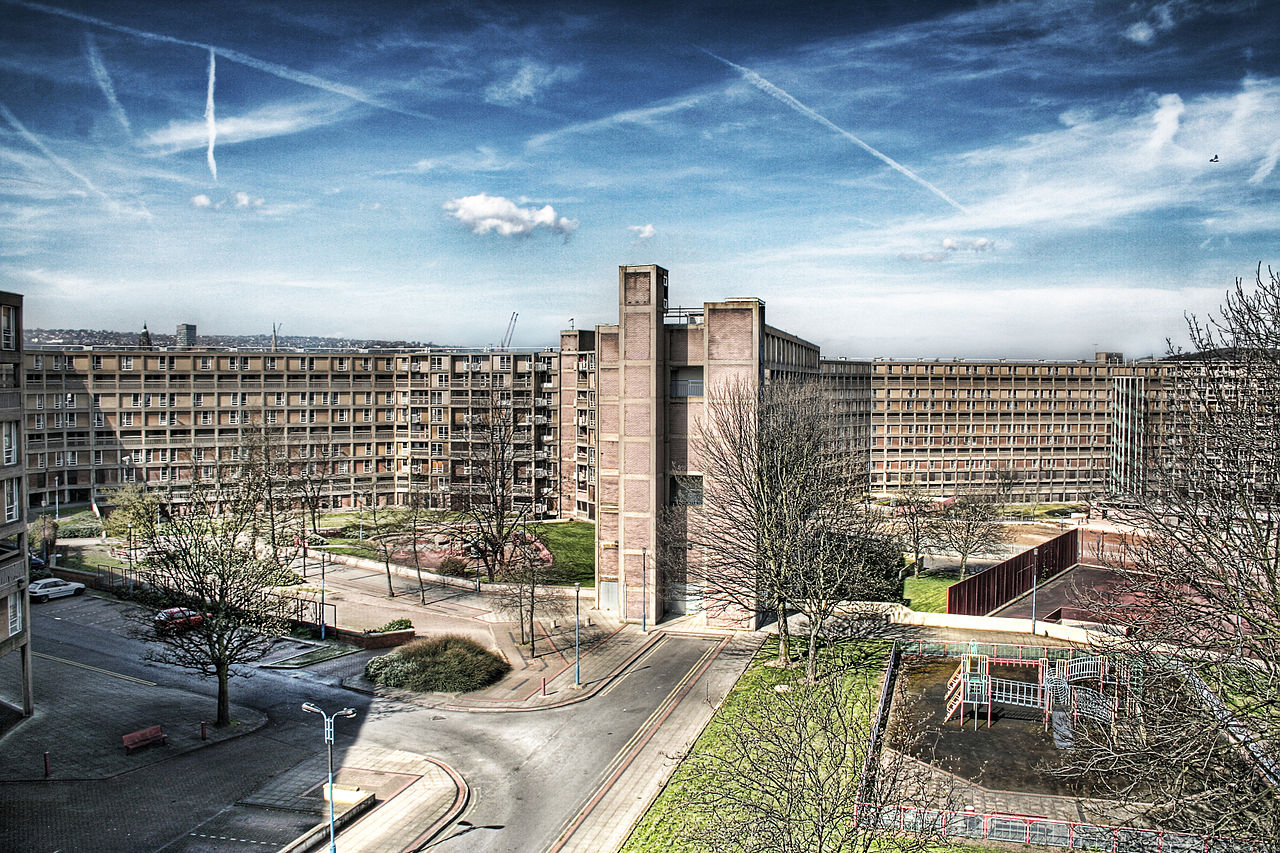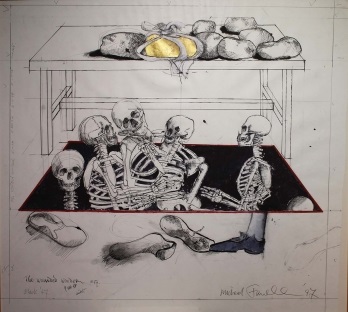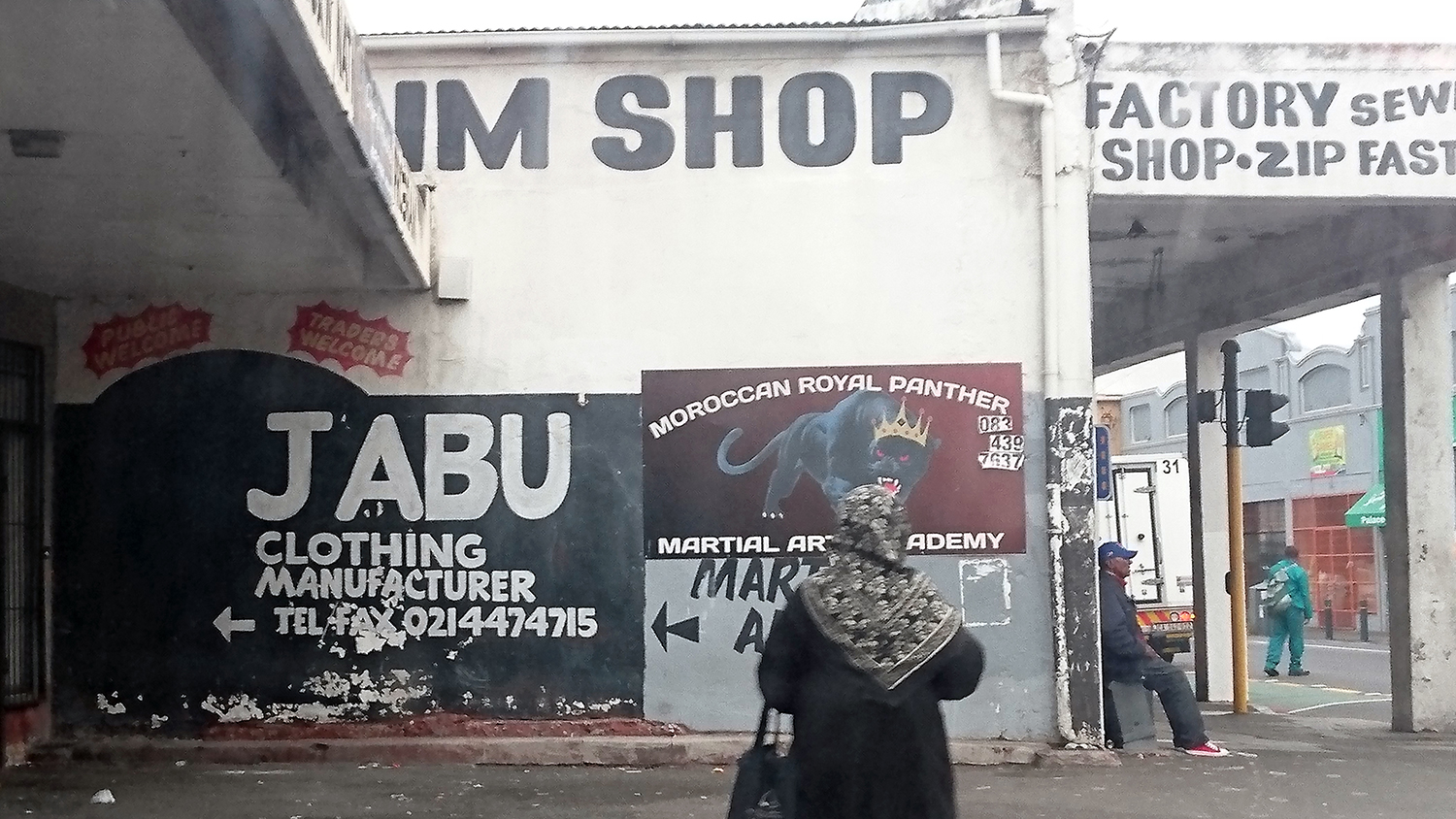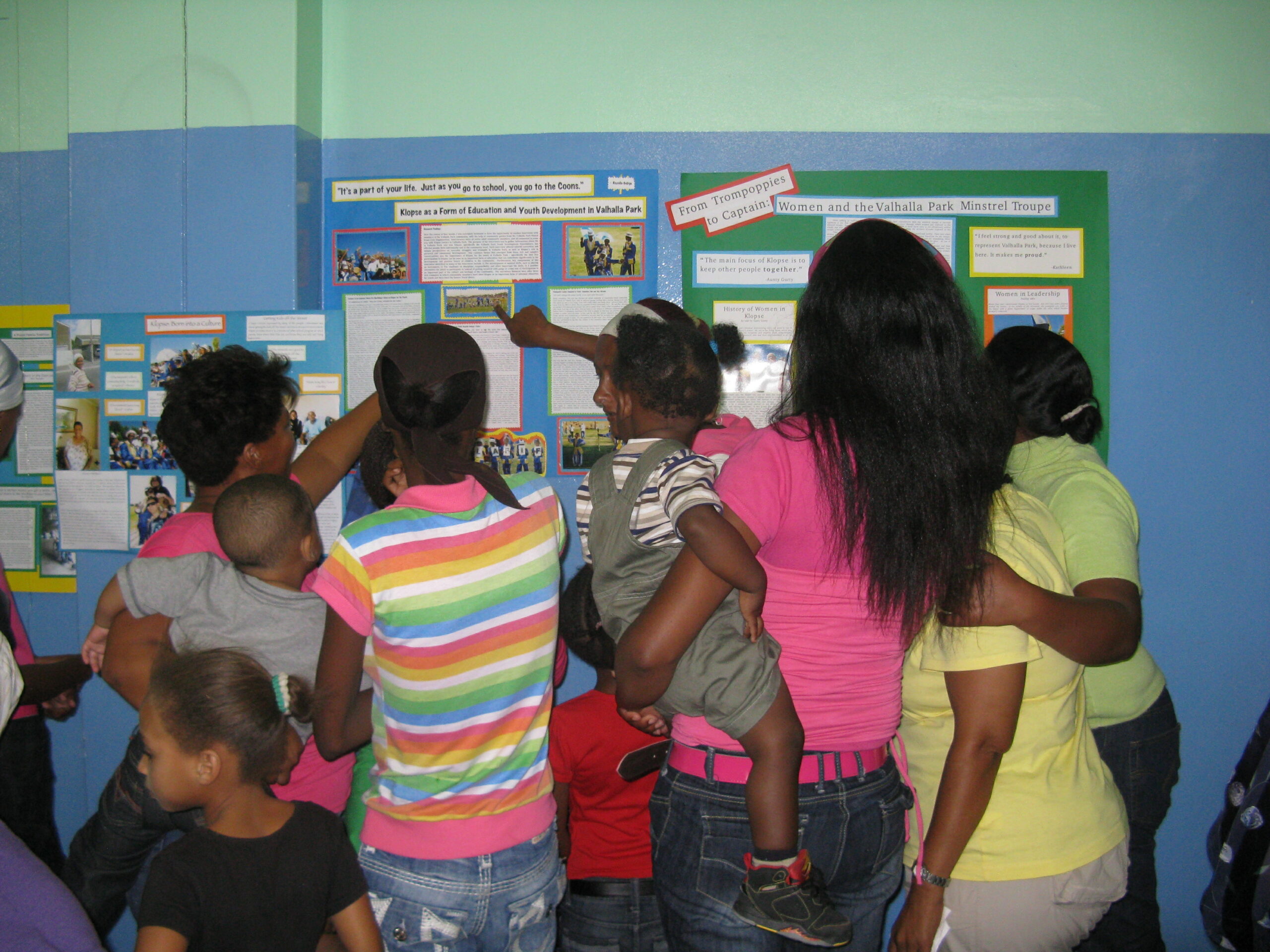Governance and politics of harnessing urbanisation for Sub-Saharan Africa’s urban development
Studio 3 Environmental and Geographical Sciences Building, Upper Campus, UCT, Cape Town, South AfricaVisiting scholar Prof Winnie Mitullah, of the Institute for Development Studies (IDS), University of Nairobi will present a seminar entitled Governance and politics of harnessing urbanisation for Sub-Saharan Africa’s urban development, on Tuesday, 3 December at 12:30 to 14:00 in Studio 3, EGS Building, Upper Campus, UCT. The session will be chaired by senior researcher Dr Liza Rose...
